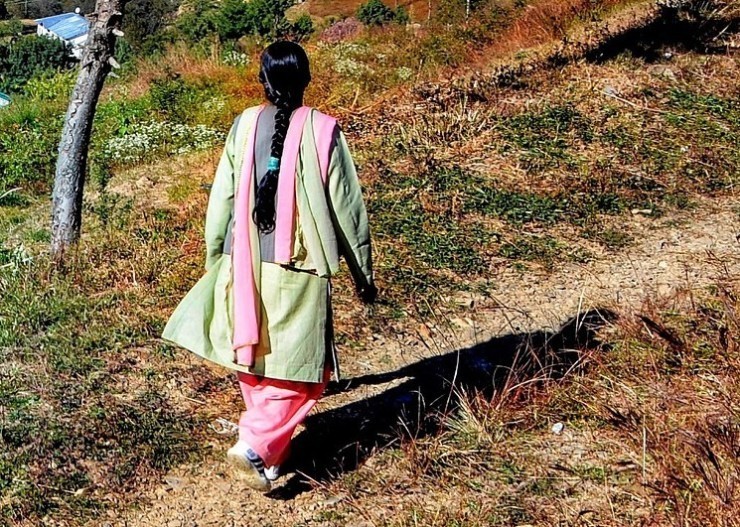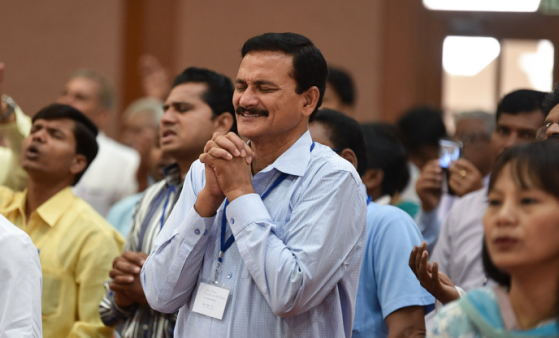
The National Council of Dalit Christians (NCDC) submitted a detailed report to the Commission of Inquiry led by Justice K. G. Balakrishnan on 29 August 2024, seeking the extension of Scheduled Caste (SC) status to Dalit Christians. The report stems from a two-day Southern India Regional Conclave held in Chennai in February 2024, which brought together academics, social workers, clergy, and activists to address the historical exclusion of Dalit Christians from SC benefits.
The Conclave titled "Extending the Scheduled Caste Status to Dalit Christians," was held at the CSI Secretariat in Chennai, Tamil Nadu, on February 28 and 29, 2024 and was jointly organized by the NCDC along with the Church of South India (CSI) and the National Council of Churches in India (NCCI).
The aim of the conclave was to address the historical exclusion of Dalit Christians from SC benefits, a situation that has persisted since 1950 when the Constitution (Scheduled Caste) Order limited SC status to Dalits professing Hinduism, Sikhism, or Buddhism. This exclusion remains despite the enduring caste-based oppression faced by Dalit Christians.
The report submitted to Justice Balakrishnan's commission highlights the “pervasive discrimination” faced by Dalit Christians and Muslims, both within their religious community and in broader Indian society. It states unequivocally, "The Dalits of these two religious communities are selectively denied the Constitutional SC status, though casteism and untouchability are all-pervasive social and cultural characteristics of the whole Indian society."
A key focus of the report is the persistence of caste practices within Christian institutions. Despite Christianity's doctrinal emphasis on equality, the reality for many Dalit Christians is starkly different. They often face segregation in places of worship, with separate seating arrangements and burial grounds. The report notes that Dalit Christians have largely been barred from representation in leadership and decision-making bodies, underlining the extent of their exclusion from positions of influence within the Church.
The document goes further, detailing how caste-based untouchability remains evident in religious practices. It mentions “separate Churches and separate cemeteries for Dalit Christians within the Catholic Churches,” illustrating how deeply ingrained caste distinctions remain, even in ostensibly egalitarian religious spaces.
Central to the NCDC's argument is that denying SC status to Dalit Christians based on their religion violates India's Constitution, particularly Articles 14, 15, 16, and 25. These articles guarantee equality and prohibit discrimination based on religion. The report cites several studies and commissions, including the Ranganath Misra Commission of 2007, which have recognized that caste discrimination transcends religious boundaries.
Emphasizing the unchanged social reality for many converts, the report states, conversion to Christianity had “not brought about any change in their socio, economic, and political conditions.” This observation underscores the argument that Dalit Christians continue to face the same societal barriers and discrimination as their counterparts in other religions.
The NCDC's submission calls for the removal of Paragraph 3 from the Constitution (Scheduled Caste) Order, which restricts SC benefits to certain faiths. They argue that this paragraph institutionalizes discrimination against Dalit Christians, who face untouchability and caste-based violence regardless of their religious affiliation.
The fight for SC status among Dalit Christians is not new. For over seven decades, the community has engaged in protests, advocacy, and legal action to demand equal rights. The report notes, “Dalit Christian movements are fighting against caste discrimination in the Church for a long time,” highlighting the persistence of this struggle.
The outcome of the findings of Justice Balakrishnan's Commission could have far-reaching implications for millions of Dalit Christians across India. The commission, appointed by the Government of India in October 2022, is tasked with examining whether SC status should be extended to Dalit converts to Christianity and Islam.
The NCDC and its allies see this commission as a critical opportunity to finally gain the legal recognition and protections they have long been denied. They remain hopeful that the struggle of Dalit Christians and their advocates for equality will at last bear fruit.




